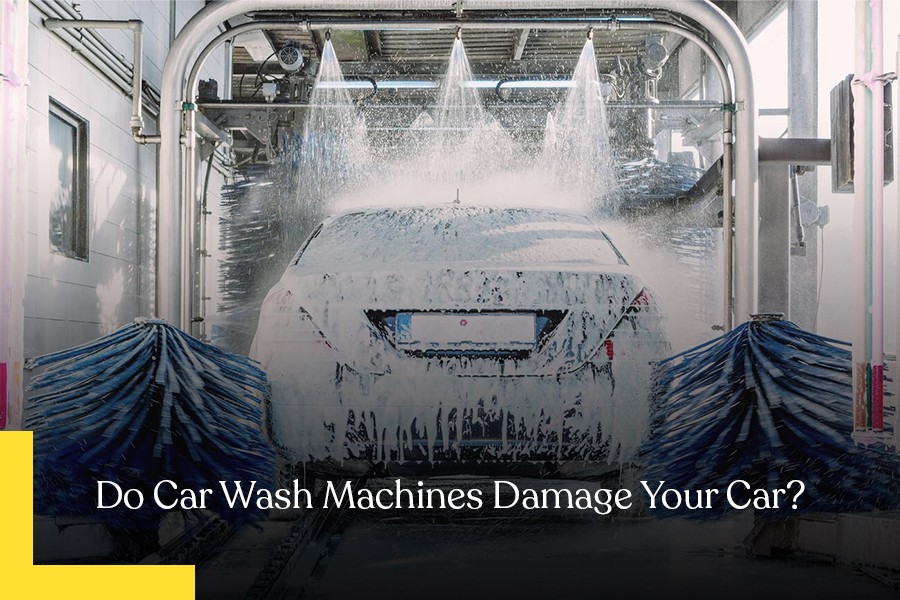Introduction:
Ensuring a Healthy Environment: Regular car sanitization is essential for creating a healthy environment within the vehicle. Cars can harbor germs, bacteria, allergens, and even viruses. Sanitizing the car interior helps eliminate these harmful contaminants, reducing the risk of illness and promoting overall well-being for both drivers and passengers.
Preventing the Spread of Diseases: Cars can become breeding grounds for pathogens that can cause various illnesses. Proper sanitization practices, especially during flu seasons or pandemics, help prevent the spread of diseases. Disinfecting commonly touched surfaces such as steering wheels, door handles, and seat belts reduces the risk of cross-contamination and transmission of germs.
Removing Odors and Allergens: Car interiors are prone to unpleasant odors and allergens, which can cause discomfort and respiratory issues. Effective car sanitization eliminates these odors and helps remove allergens such as dust, pollen, and pet dander. This not only improves the air quality inside the car but also creates a more pleasant and comfortable driving experience.
Maintaining a Clean and Fresh Appearance: Regular car sanitization contributes to the overall cleanliness and freshness of the car’s interior. It helps preserve the aesthetic appeal of surfaces, including leather seats, steering wheels, and upholstery, by preventing the buildup of dirt, grime, and stains. A clean and well-maintained interior not only enhances the driving experience but also increases the resale value of the vehicle.















